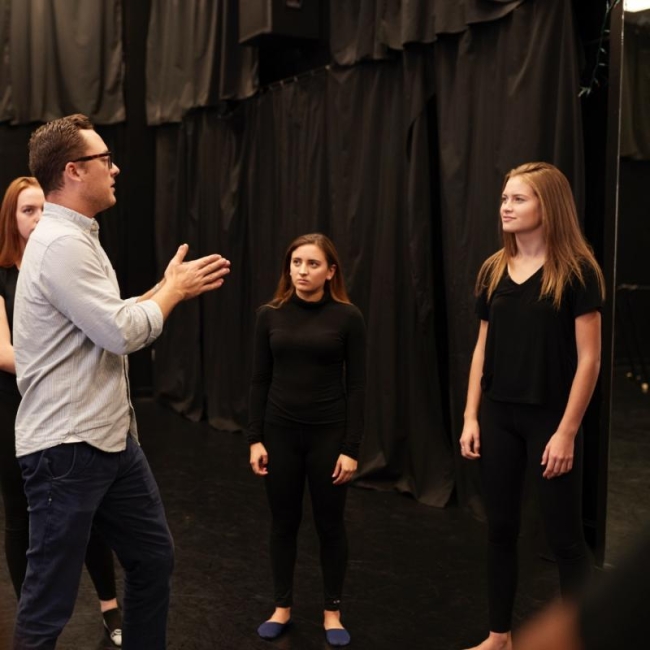You have /5 articles left.
Sign up for a free account or log in.

Istock.com/monkeybusinessimages
When I was hired at Adelphi University, my department asked me to teach an inquiry-based laboratory in biology. The laboratory was set up so my students could research anything they wanted to study -- anything that interested them. On any topic. In any field.
I repeat: anything at all.
The lab brought together tables of undergraduate students with many different interests, backgrounds and ideas, all wanting to do their own research. Awesome for them -- and in line with Adelphi University’s personalized approach to learning, through which students are encouraged to find their own individualized journey to success. But it was a bit challenging for me, the instructor.
Educators want students to perceive them as knowledgeable, fair and highly skilled at teaching. But in this lab, I didn’t know in advance what my students would choose to research. I had no time to prepare for their wildly divergent projects, all happening at the same time. Every day became an adventure.
In other words, nerve-racking.
My nervousness about this lab came out as being overcritical of my students’ ideas. And that criticism overshadowed what I really know is the best way to teach: to employ motivation to spark learning. In fact, I have led seminars promoting the idea that motivation sparks learning. Yet here I was, demotivating.
Of course, my students perceived my criticism as a way of neglecting their ideas, and that was the end of their motivation -- the fastest way to kill their engagement as young learners.
So I pretty much decided that I needed to get rid of my fears by focusing on helping my students. I researched the topic by watching “A Useful Epiphany: Rebecca Northan at TEDxYYC.” Northan’s TEDx talk about improvisation, a form of drama where the actors do not have a plot, contained insights into what was needed to help me respond instantly to the unplanned, the unknown and the unforeseen.
In short, I did what may be the last thing a biology professor specializing in mitochondrial research would be likely to do. I decided to take improv classes. I began dedicating my Sundays to my first course.
Here is what I have learned so far that may help professors in similar situations:
- Use acceptance and addition -- the famous “Yes, and …” Students have curiosity; they have an idea because of a reason. A valid reason. It is my role as the expert to take what they have to offer me, accept it and add to it so I help the students to fulfill the requirements of their research projects. For example, one student told me she was worried that fruit flies, our model organisms, would feel pain when we used them in our research to investigate how flies can become less sensitive to pain. I listened, acknowledged and guided her toward a solution.
- Make your partner look good. In this scenario, the students and I become partners in collaboration, rather than professor and students. I found that many students suggested experiments for which the results are already known. Since this is not what scientists do, I guide them -- as their partner -- to read the literature and prompt them to find something else that is novel. That encourages them to take more steps toward the ownership of their learning. For example, one student wanted to research whether high caffeine intake was detrimental for organisms -- a topic that was highly researched already. Therefore, I coached him toward researching if the caffeine ingested by our ancestors affects our tolerance for caffeine. Who does not want to research a topic we can blame our parents for?
- Be spontaneous -- even playful. I learn best when I play with an idea or concept and when I establish a relationship with someone else. Therefore, I let my students learn in an environment where they feel comfortable to explore, make mistakes and have fun -- both with me and with their peers. In fact, in the middle of class we have clapped, danced or laughed when we felt like it. That is the environment in which, in my experience, they are more productive. Bringing a sense of fun into a lab-based class has helped my students learn more quickly.
In summary, as Northan noted in her TEDx talk, “Making your partner look good is what we do when we are in love.” Teachers should be in love with teaching, shouldn’t they? So I will keep dedicating my Sunday afternoons to improvisation classes. It is making me a better partner, a better listener and, yes, a better biology professor.








